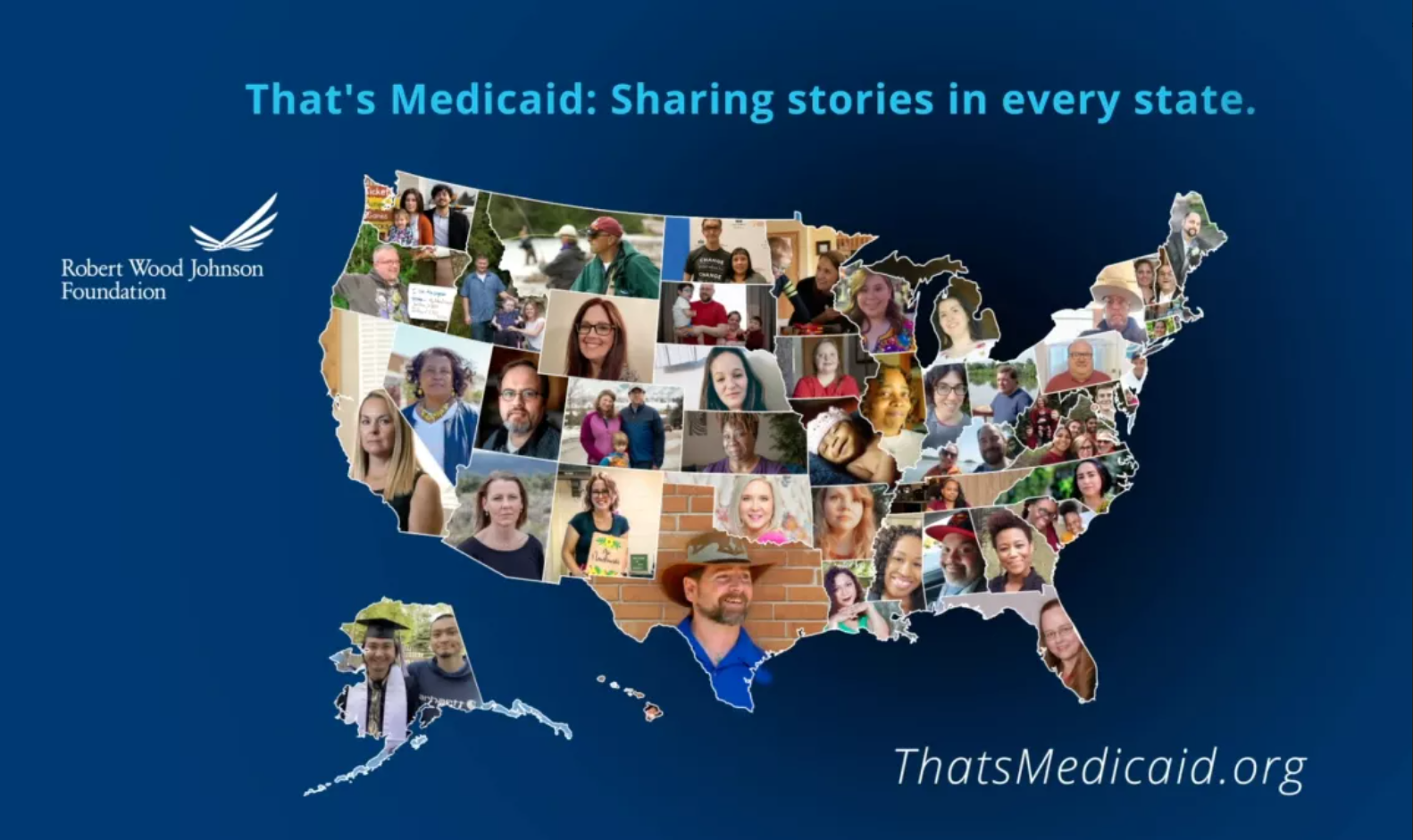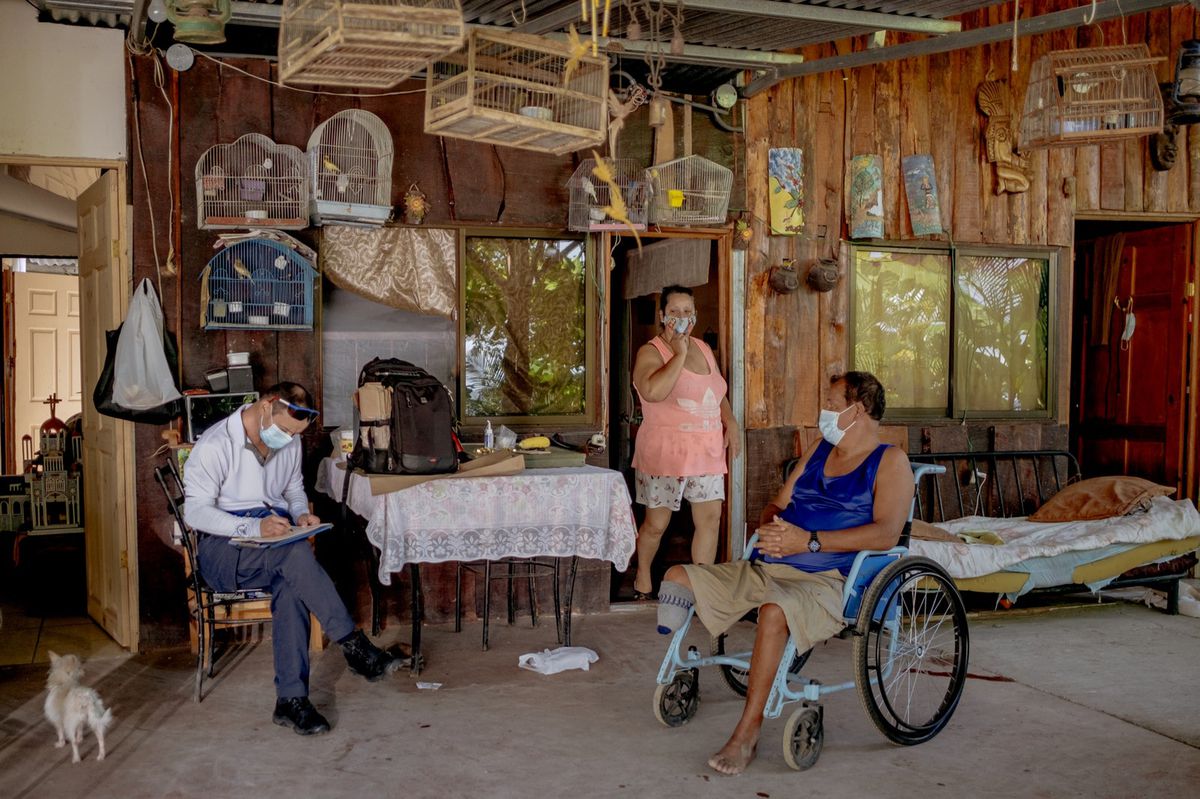👋 Welcome to Starting Early. Every other week, we spotlight new reports, useful news, engaging interviews with people doing important work, and interesting takes on maternal health and early childhood development issues.
In April, the Burke Foundation announced our new strategy – Building Strong Partnerships for Community and Care in the First 1,000 Days. It pairs primary prevention in the earliest years and wraparound services for caregivers with young children. Our First 1,000 Days partners devote their work to supporting healthier families, homes, and neighborhoods in New Jersey and beyond through four initiatives:
- Supporting families through universal home visits by a nurse
- Providing culturally-congruent care by community doulas
- Creating helpful peer relationships and a greater sense of community
- Adding childhood development specialists to pediatric care
Each of these efforts reflects an innovative approach to early childhood development.










